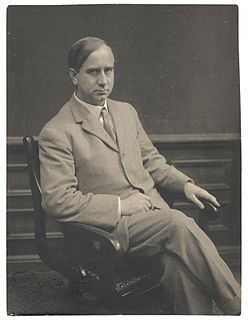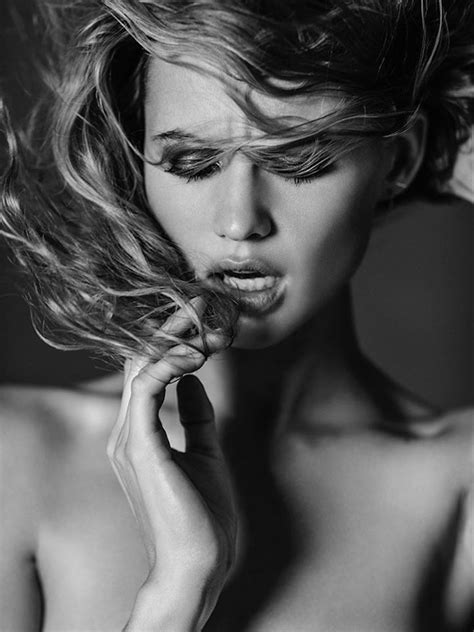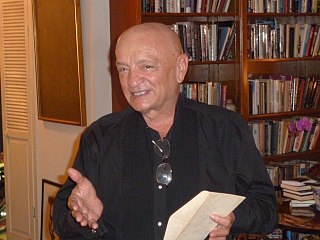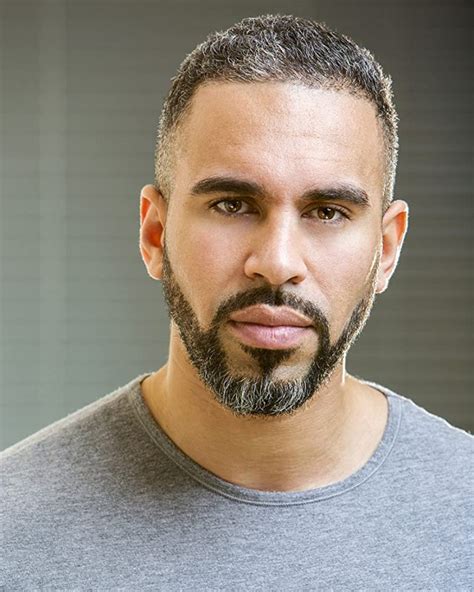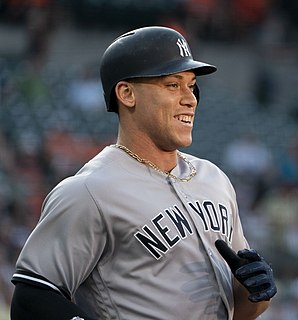A Quote by Joe Dante
It's a lot of power to give the director to edit his own stuff. It's also a time thing: you don't want to have to wait for the guy to finish shooting before he starts editing.
Related Quotes
I was shooting on The Mindy Project while I was editing Alex of Venice, which was the stupidest thing I could've done. It was like having two full-time jobs. But in editing some characters were dropped, some storylines were dropped. It just starts dictating what it's supposed to be.It's scary, but fun to try to be brave and to "kill your darlings." To get rid of the stuff that you were like, "Oh, I'll never get rid of that. I love that. As long of a take as it is, I'm gonna keep that in."
You must stop editing--or you'll never finish anything. Begin with a time-management decision that indicates when the editing is to be finished: the deadline from which you construct your revisionary agenda. Ask yourself, 'How much editing time is this project worth?' Then allow yourself that time. If it's a 1,000-word newspaper article, it's worth editing for an hour or two. Allow yourself no more. Do all the editing you want, but decide that the article will go out at the end of the allotted time, in the form it then possesses.
What is a scene? a) A scene starts and ends in one place at one time (the Aristotelian unities of time and place-this stuff goes waaaayyyy back). b) A scene starts in one place emotionally and ends in another place emotionally. Starts angry, ends embarrassed. Starts lovestruck, ends disgusted. c) Something happens in a scene, whereby the character cannot go back to the way things were before. Make sure to finish a scene before you go on to the next. Make something happen.
Action is cool but it's all down to the director's interpretation at the end of the day, so you have to serve his visions and do what you can. So, you do your job to the best of your ability, you perform the fight and then it's out of your hands. It's then down to the director or the producer. You can give your opinion but often it's not heard. Actors have their riders and all kinds of contract terms and one of my big ones as I continue to make a name for myself as a top action guy is that I design my own action in films and oversee the edit.
Alfred Hitchcock talked about planning out his movies so meticulously that when he was actually shooting and editing, it was the most boring thing in the world. But drawing comics isn't like shooting a movie. You can shoot a movie in a few days and be done with it, but drawing a comic takes years and years... That's the biggest part of doing comics: You have to create stuff that makes you want to get out of bed every morning and get to work.
As soon as you're finished shooting, you have to go into the edit room and choose all of the shots that you're going to commit to because the visual effects vendor has to get it because they'll spend months on it. So, you're editing out of sequence before you've gotten a film for the movie and the performances.
The Coen brothers: Of all the directors I've worked with, they're the only ones who have given me the storyboards attached to the script. It was very cool for me, because I knew when I was in close-up or if it was far away, and it also made me know that anything that happened in the edit wasn't personal. Because they edit their own movies, so they were editing it as they went.
Note the energy with which the media is going after Donald Trump Jr. And there's a reason. They want to dirty him up. They want to destroy the guy before he gets started on his own political career. He has an obvious interest in politics. He knows his stuff - and he can sell it and he can be persuasive with it - and he is the exact kind of conservative they want to destroy before he gets started.

